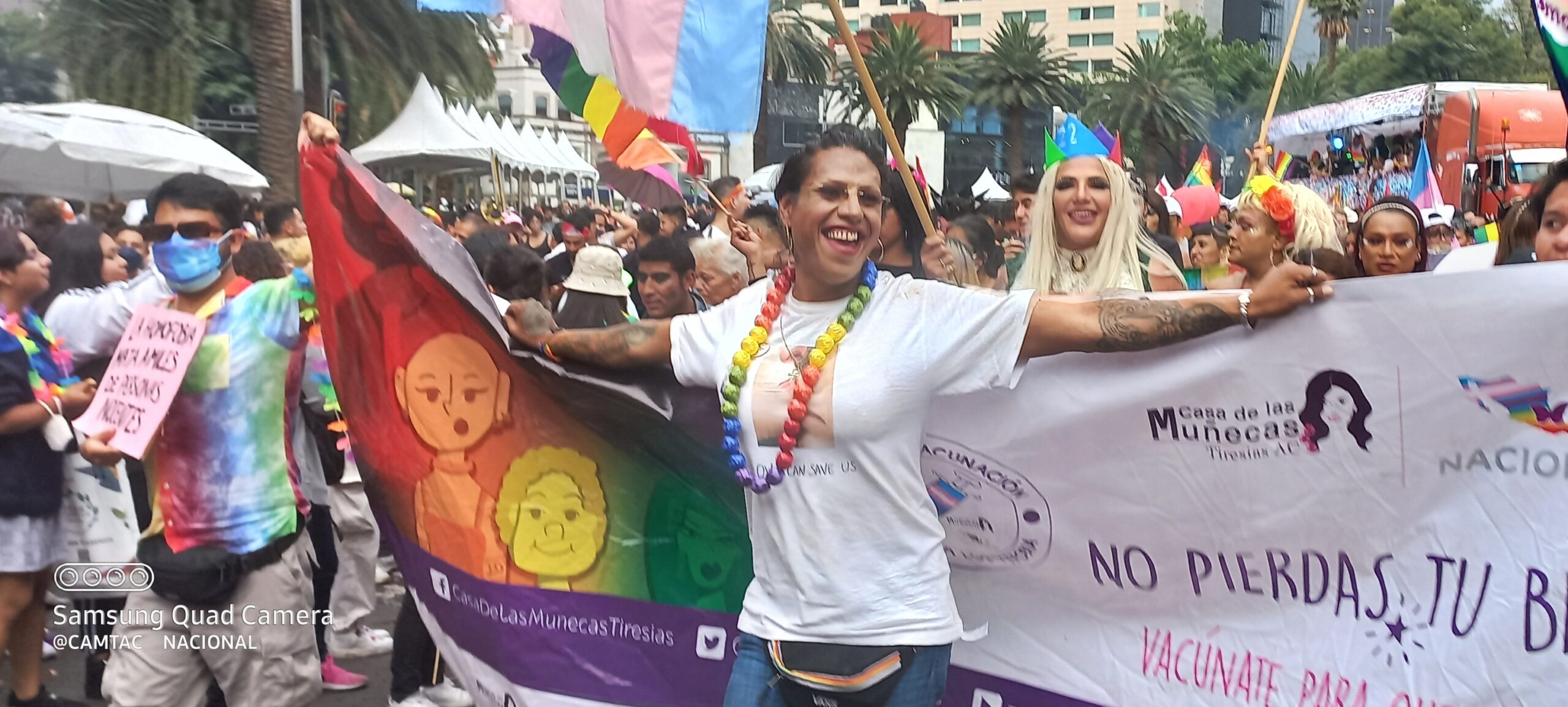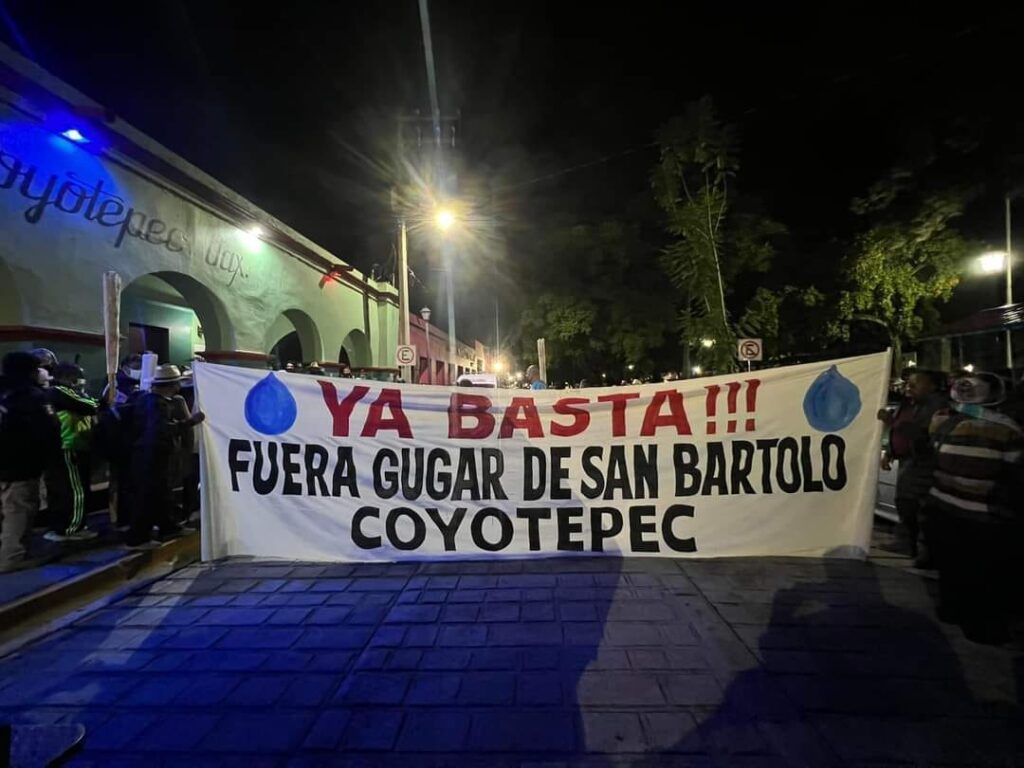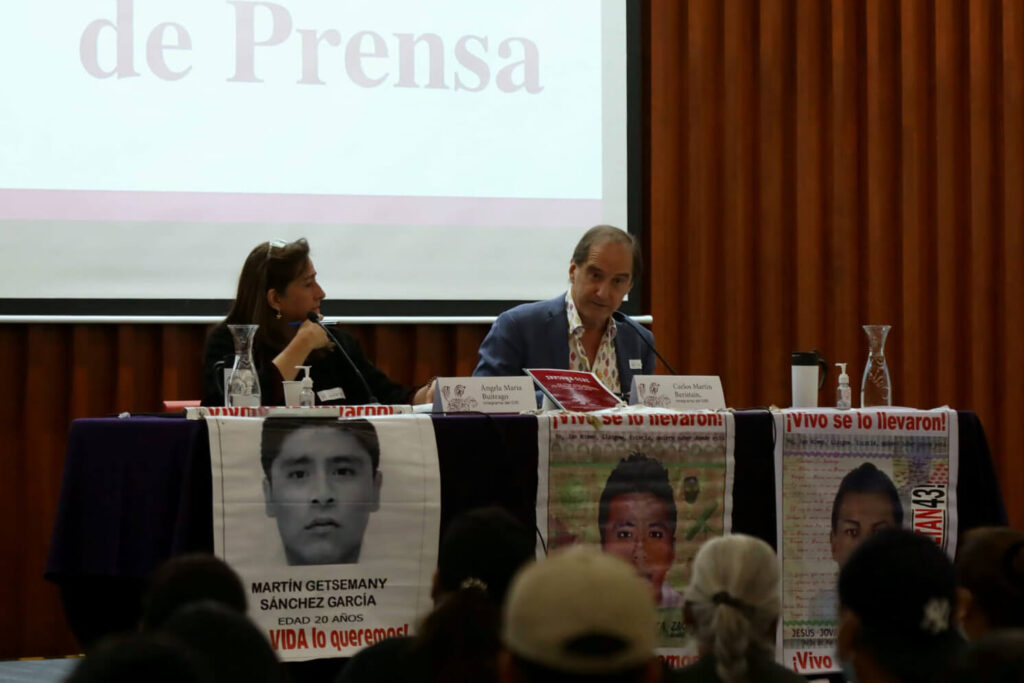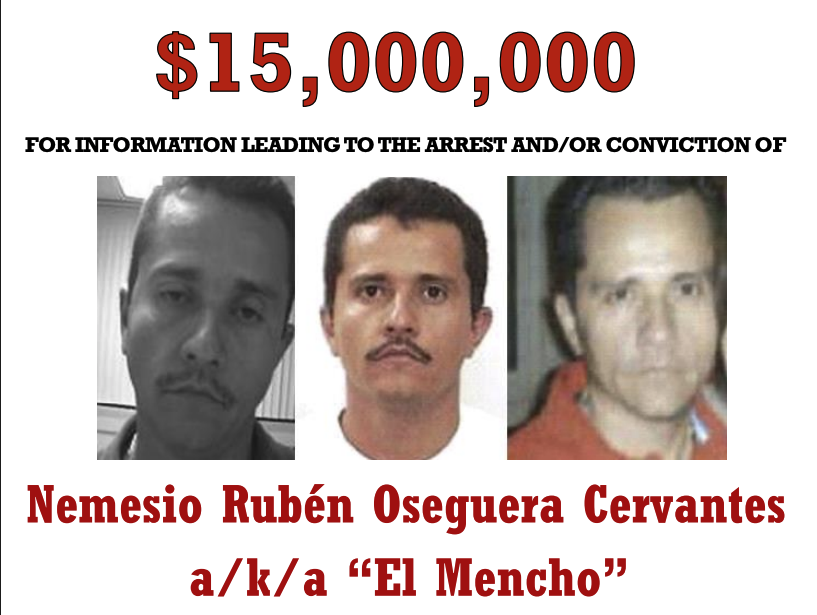A spate of killings, abuse and societal indifference led Kenya Cuevas, a trans woman from Mexico City, to found the country’s first shelter for transgender women. Now shelters are popping up across Mexico.
“At that time, many of us left because they were killing so many,” Faina Malika, 29, a trans woman who began working in the sex trade at 15 told Aztec Reports. She had met Kenya Cuevas years earlier on Puente Alvarado street, a popular hangout for sex workers in Mexico City, but left because of increased attacks on trans women there.
Fifteen days after she left Puente Alvarado in 2016, “they killed Paola. A month later they killed Hillary, they threw her off a bridge. The following month they killed my friend, we called her Pingu,” Ms. Malika recounted.
After a failed attempt to cross the U.S. – Mexico border, Ms. Malika would move back in with her family in Mexico City, only to be kicked out shortly thereafter by her mother after testing positive for HIV.
“I wish this house had existed when I was 14. It would have spared me so many things,” she said while sitting in the warm, dim lighted library at La Casa de las Muñecas Tiresias, a shelter created by Kenya in 2020 to support trans women being persecuted in Mexican society.
“I wish someone would have cared like Kenya cares about us.”
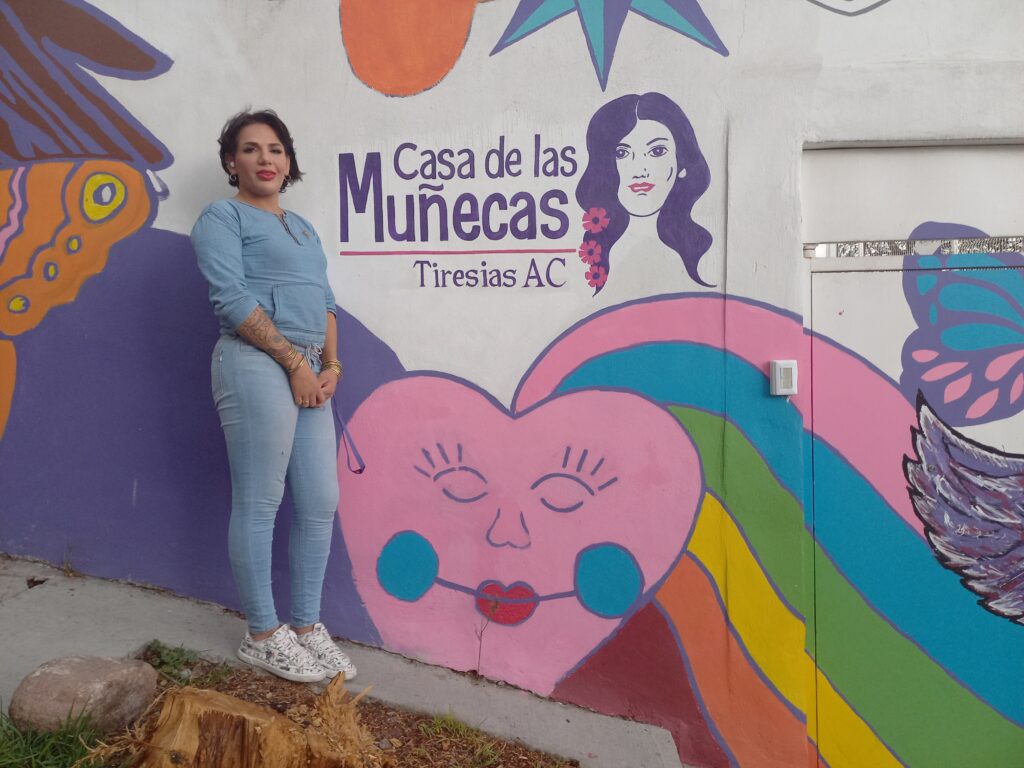
A Death and a Rebirth
Kenya Cuevas was born in Mexico City in 1973 into an abusive family. By nine years old she had fled the household onto the streets and began working in the sex trade. By 13 she had contracted HIV and by 27 she was sent to prison for 24 years on drug charges.
In prison she got her first taste of social work, caring for other prisoners who were detained in the same cell block for people diagnosed with HIV. Thanks to the help of other inmates with her legal defense, Kenya was released from prison nearly 11 years into her sentence.
Upon release, Kenya returned to Puente Alvarado street and to prostitution where she struck up a close friendship with Paola Buenrostro, another trans sex worker.
On the night of September 30, 2016, Kenya, Paola and other sex workers were gathered on Puente Alvarado when a car with one man inside approached the group.
“While several of us rejected him, Paola got in. She decided to get in,” Kenya told Aztec Reports, her voice serene and her eyes sharp.
The car rolled away slowly for a few meters before Kenya heard her friend cry for help. “I rushed to the passenger window, and when I got there, I heard the gunshots,” she said.
The man had apparently shot Paola after discovering she was trans and after seeing that Kenya had witnessed the murder, he turned the gun on her. According to Kenya, the man pulled the trigger but the gun jammed, giving the other sex workers nearby enough time to subdue the man, who was later arrested.
Arturo Felipe Delgadillo Olvera, a former member of Mexico’s military and private bodyguard, was released from custody after a judge deemed there hadn’t been sufficient due diligence in the legal process and there was a lack of evidence to sustain the arrest — setting off one of the most controversial examples of impunity in cases of violence against trans women in Mexico.
After the death of Paola, Kenya dedicated herself to seeking justice for her friend. Her activism attracted danger, however, and she received constant death threats and even fended off three men who beat and stabbed her.
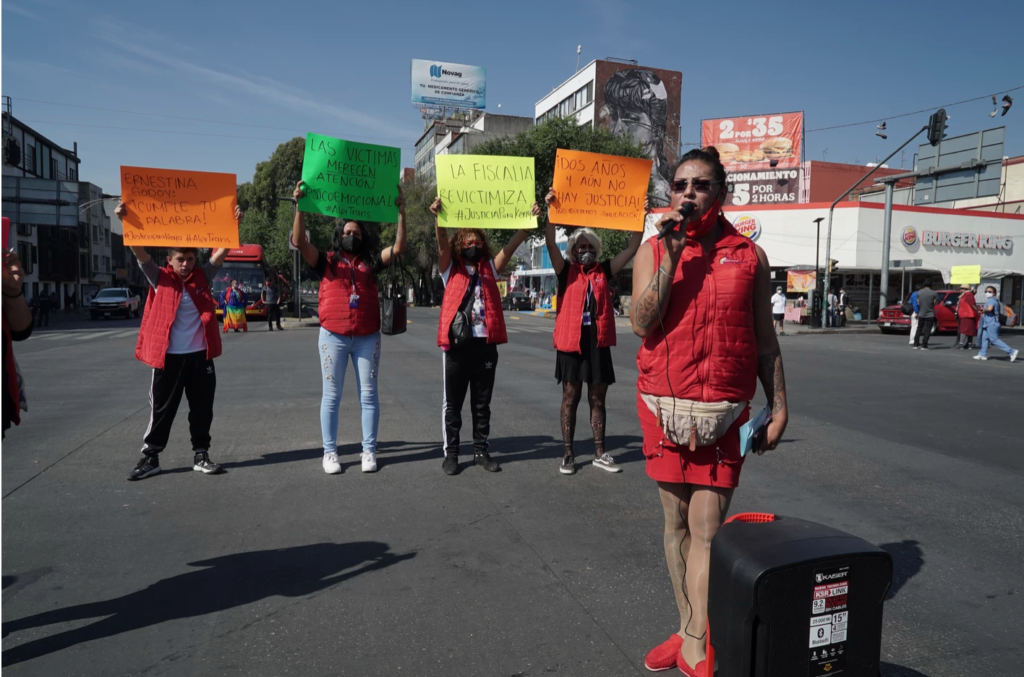
In 2021 her sacrifices paid off; Kenya succeeded in making authorities in Mexico City apologize for their handling of her friend’s case, and classified Paola as the first recorded case of trans femicide in Mexico. Since then, Prosecutors in Mexico have acknowledged that 283 trans femicides have occurred from 2010 to 2020.
However, 17 states out of 32 do not have any records on these type of crimes.
According to the National Observatory of Hate Crimes against LGBT people, in 2021 there were 32 trans femicides in Mexico.
While fighting for justice for her friend, Kenya’s fight expanded to rights for trans women in general in Mexico.
La Casa de las Muñecas Tiresias
Kenya had started to build a name for herself within the transgender community as a person people at risk could turn to for help.
She had begun letting trans women stay in her apartment in Mexico City as a makeshift shelter, and helped accompany them to medical appointments, receive medication, and even claimed deceased sex workers at morgues.
Her profile outside of the trans community grew as well. Other activists, journalists, and politicians around Mexico City had begun to take an interest in her work, and because of threats made against her, Kenya was granted a security detail from the city’s Attorney General.
(While vacationing in Oaxaca in January of 2019, a trans woman staying in Kenya’s apartment, Pamela Sandoval, was murdered and her killer hasn’t been found. “I feel that [the killer] thought it was me … It was my address. They already knew where I lived, after all those death threats … She was the one who was there, but if they had found us both, they would have killed both of us,” Kenya said regrettably.)
Despite threats to her life, Kenya made inroads with the government. In 2019 she received a grant from the Secretary of Welfare and Social Development to establish the country’s first shelter for trans women.
In April 2020, during the height of the COVID-19 pandemic in which Mexico City authorities shut down all hostels and hotels in the city, Kenya ventured into the streets to find stranded sex workers to give them a place to stay at her newly opened shelter.
“I will never forget that day, the thunderstorm on April 2,” Kenya said, smiling fondly. “I bought some pizzas for the girls and started talking to them about the [shelter]. I said look, the place is empty, but we can fill it up with the stuff you are carrying, and tomorrow we can see how we manage. We’ll get through whatever we need to, and that’s how I opened on April 2, 2020.”
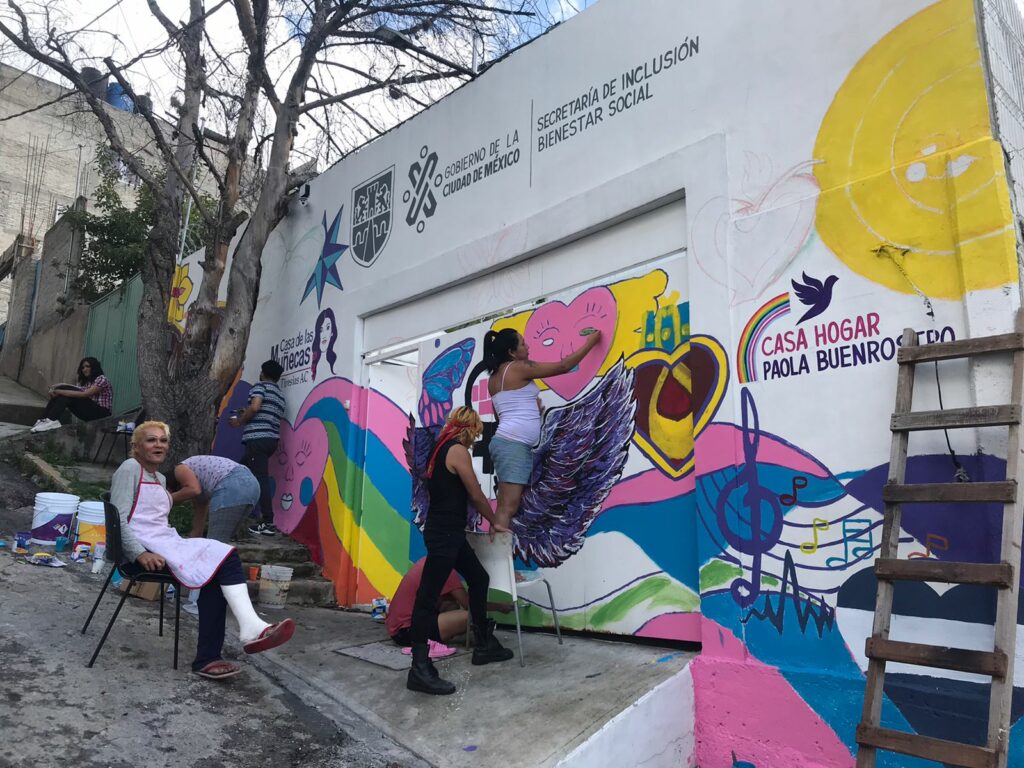
Built in honor of her friend Paola, Kenya named her shelter La Casa de las Muñecas Tiresias after the Greek prophet who was turned into a woman for seven years.
With two floors and a terrace, the spacious refuge resembles a home from the moment you walk in. The shelter has a TV room, a library, an infirmary, and a dining room. The shelter can hold 16 women at a time.
It provides more than just a roof over the head. Trans women who are living in La Casa de las Muñecas Tiresias benefit from medical exams and medication provided through the shelter, support processes such as obtaining identification cards, as well as online access to education from elementary through high school.
And thanks to an agreement with a telemarketing firm, the shelter also provides alternative job opportunities for former sex workers and support with finding them independent housing once they’re ready.
“The process starts a total deconstruction of how we perceive ourselves and how we will perceive ourselves in the future,” Kenya said.
Kenya’s shelters are catching on in cities across Mexico as well.
To date, the La Casa de las Muñecas Tiresias social project — in which human rights activists support trans women and sex workers — has been replicated in seven states across Mexico, two of which have opened up full shelters.
The project aims to open two more shelters in the states of Mexico and Nayarit this year, with the idea of opening shelters in all seven states in the near future.
Her eyes overflowing with tears, calm and warm, Ms. Malika said, “Here in the house, we lack nothing. Love, respect, dignity. Here we have it all. I am alive because of this place.”


